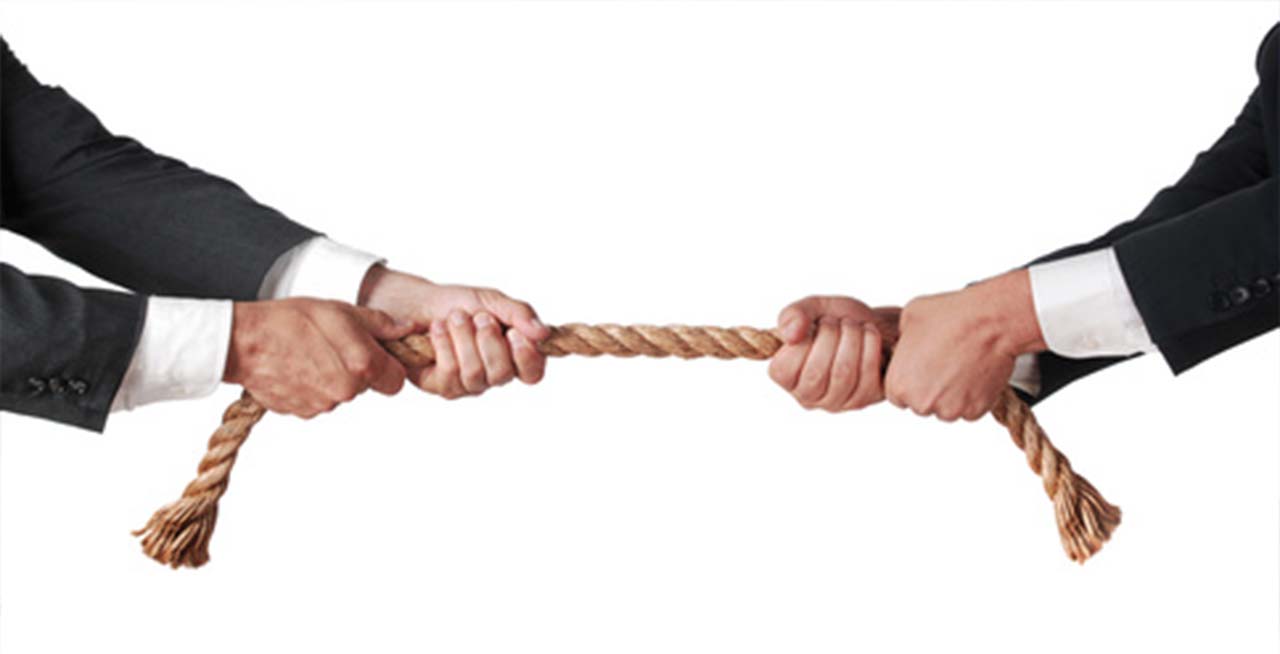Case Name: M/S Crystal Transport Private Limited & Anr. vs. A. Fathima Fareedunisa & Ors.
Case No.: Civil Appeal Nos. 7709-7710 of 2023
Date: November 8, 2024
Quorum: Dr. D.Y. Chandrachud (CJI), J.B. Pardiwala, and Manoj Misra, JJ
FACTS OF THE CASE
In the case of A. Fathima Fareedunisa vs. Abbas Dalvani and Ors., 1978, a suit was filed for the dissolution of the partnership firm Crystal Transport Service which had been jointly floated by A. Fathima Fareedunisa along with three other parties. The petition contended that without the consent of A. Fathima Fareedunisa, other partners had transferred all of the assets and operations of the firm into a new private company, Crystal Transport Pvt. Ltd., thereby effectively sidelining her and refusing all requests for an account of what was now their separate venture. The defendants argued that the arrangement was a mutual decision and that the firm was not a partnership at will. On these grounds, the trial court granted a preliminary decree for dissolution and asked for an accounting of the firm’s finances, which sparked a long legal wrangle involving several appeals and issues regarding proper accounting, management of assets, and entitlement to profits earned after the dissolution.
ISSUES OF THE CASE
1.Whether the dissolution and accounting of the partnership should include moneys paid by the plaintiff to Crystal Transport Pvt. Ltd.
2.Whether the plaintiff was entitled to profits accrued from assets of the firm subsequent to the date of dissolution, November 15, 1978.
LEGAL PROVISIONS
1.Indian Partnership Act, 1932: Sections 37 (Right of outgoing partner to profits) and 48 (Settlement of accounts).
2.Code of Civil Procedure, 1908: Order XX, Rule 15 dealing with procedures of accounting in cases relating to dissolution of partnership.
CONTENTIONS BY THE APPELLANT
The appellants submitted that, after the dissolution of the partnership on November 15, 1978, there was no accumulation of any profit of the firm in the assets of the firm available to the respondent beyond that date. It is submitted that Crystal Transport Pvt. Ltd., the new private company of the partners, was working and operating independently and that no assets or funds belonging to the original partnership were being utilized by it. Therefore, they argued, there was no basis for any further sharing of the profit with the respondent since there was no longer involvement of the resources from the dissolved firm in generating revenue to the private company.
CONTENTIONS BY THE RESPONDENT
However, The respondent claimed that the private company, Crystal Transport Pvt. Ltd., still retained the advantage of the assets of the dissolved firm and therefore was bound to share profits till the final adjustment of the accounts of the firm was done. She relied upon Section 37 of the Indian Partnership Act, 1932, permitting outgoing partners to claim profits accrued from their share of the assets till final adjustment. In addition, the respondent added that the Receiver’s reports and financial documents used for computing her settlement were unreliable because she was not allowed to cross-examine their authors, hence an imprecise and unjust final decree.
ANALYSIS
The Supreme Court stated that under Section 37 of the Partnership Act, an outgoing partner was entitled to draw profits arising out of her share in the assets of the firm up to the date of full settlement of accounts. It held that the principle of remanding on which the High Court relied would also cover procedural matters such as not having examined documents and reports that the trial court relied upon. Thus there was a need for fresh examination so that full justice is done and correct accounting made.
JUDGMENT
The High Court, with an opinion that the respondent (plaintiff) was entitled to profit available out of her share in firm’s assets until a final settlement of accounts was made as contemplated under Section 37 of Indian Partnership Act, 1932, approved the order of remand of the case back to the trial court by the Supreme Court. That the judgments of the trial court have been supported by reports and the financial documents upon which the trial court had fixed the final decree, and the respondent was unable to examine or cross-examine them appropriately. So a fresh examination has to be conducted to ensure fairness as well as accuracy. The Supreme Court held that the trial court shall allow the parties to introduce further evidence, grant cross-examination of the Receiver, and determine whether the assets of the firm continued to enhance the private company. It was, accordingly, directed that the trial court work with this evidence for making a proper final decree. It further held that no interference from the Supreme Court was required at this stage; it dismissed the appeal and directed both parties to bear their own costs.
CONCLUSION
The Supreme Court did not rescind the remand order but held that the plaintiff could recover an accounting of the profits earned on the firm’s assets after dissolution. Costs of each party were ordered to be borne by itself and appeals were disposed of.
“PRIME LEGAL is a full-service law firm that has won a National Award and has more than 20 years of experience in an array of sectors and practice areas. Prime legal fall into a category of best law firm, best lawyer, best family lawyer, best divorce lawyer, best divorce law firm, best criminal lawyer, best criminal law firm, best consumer lawyer, best civil lawyer.”
WRITTEN BY- PAYAL DEVNANI


